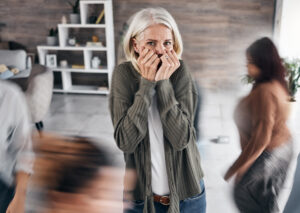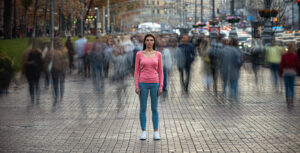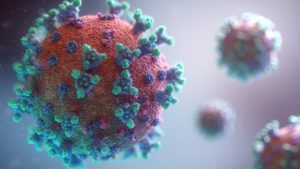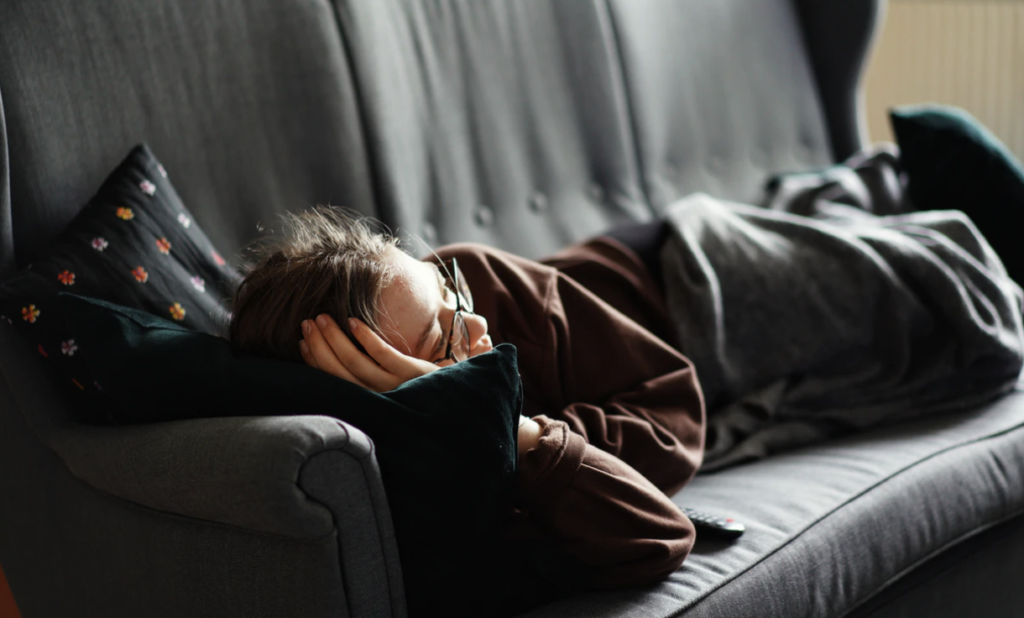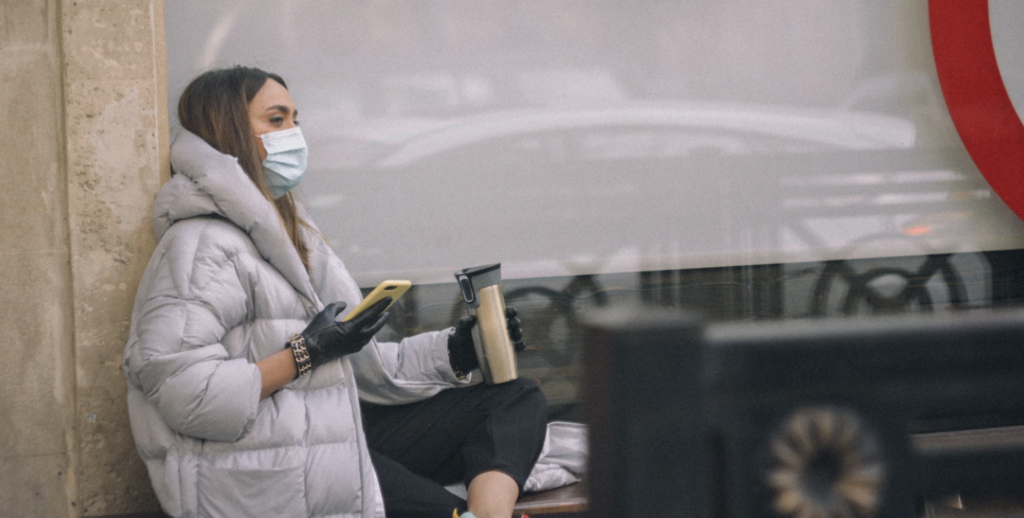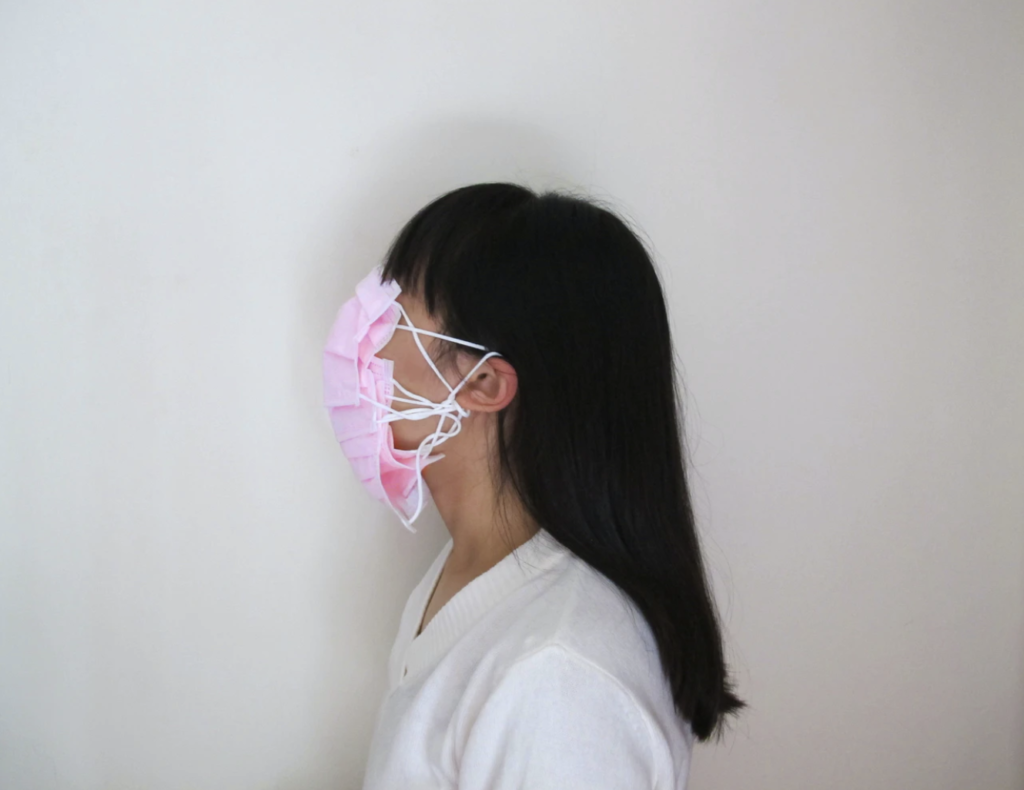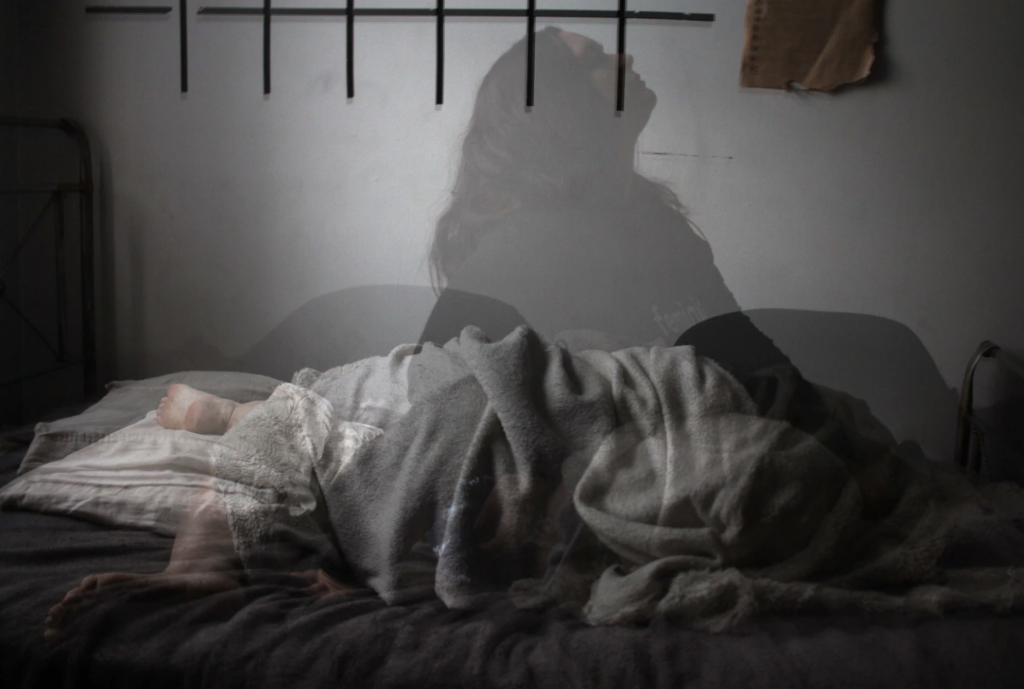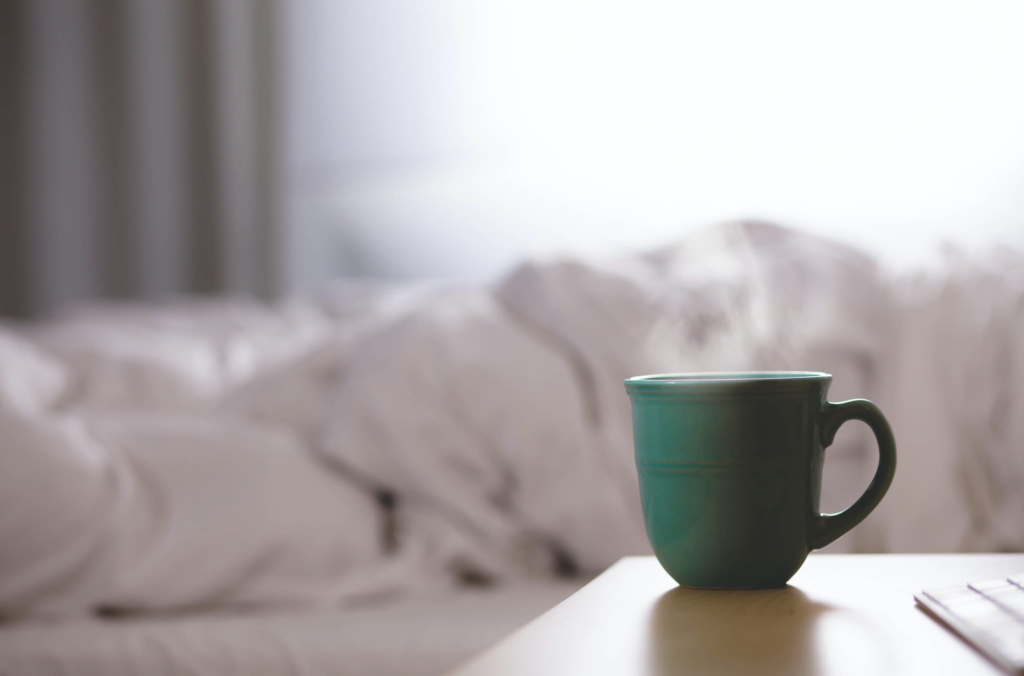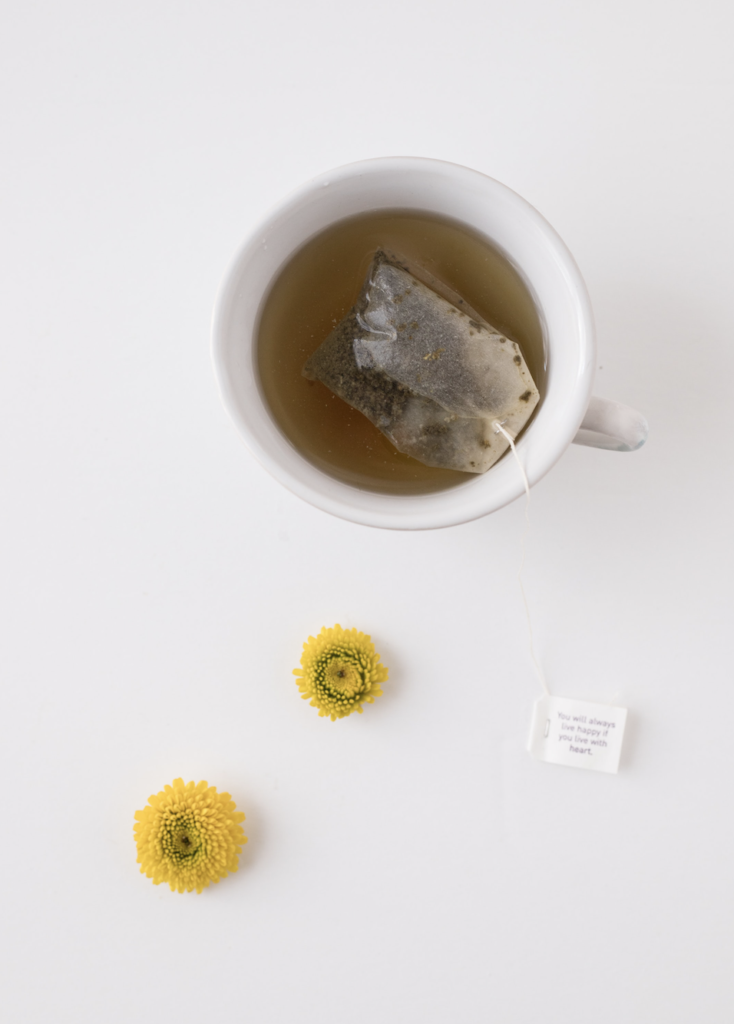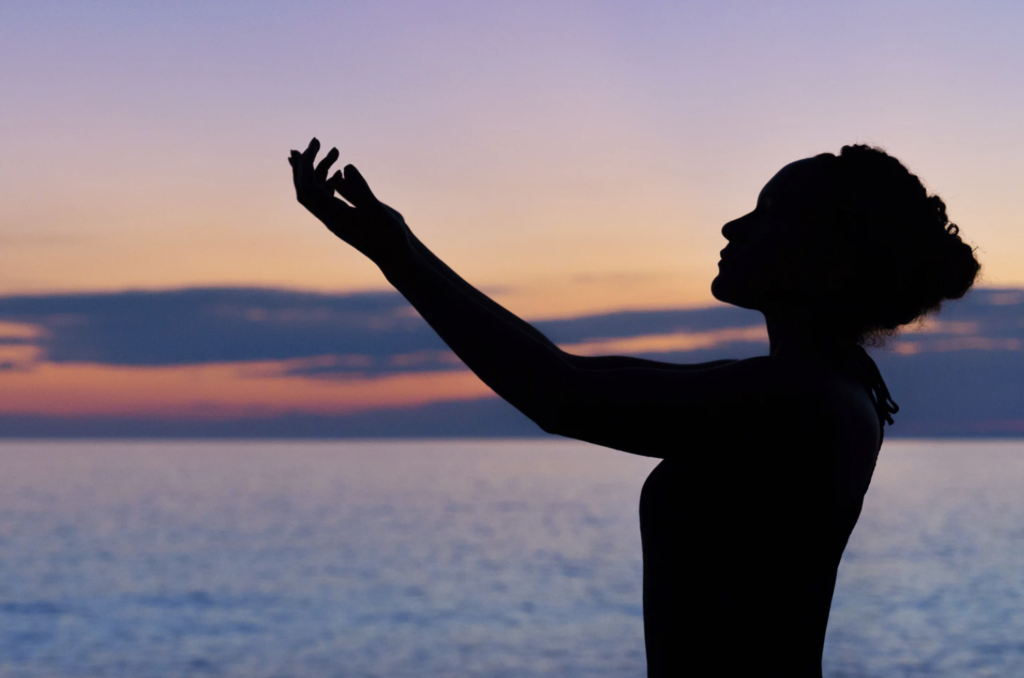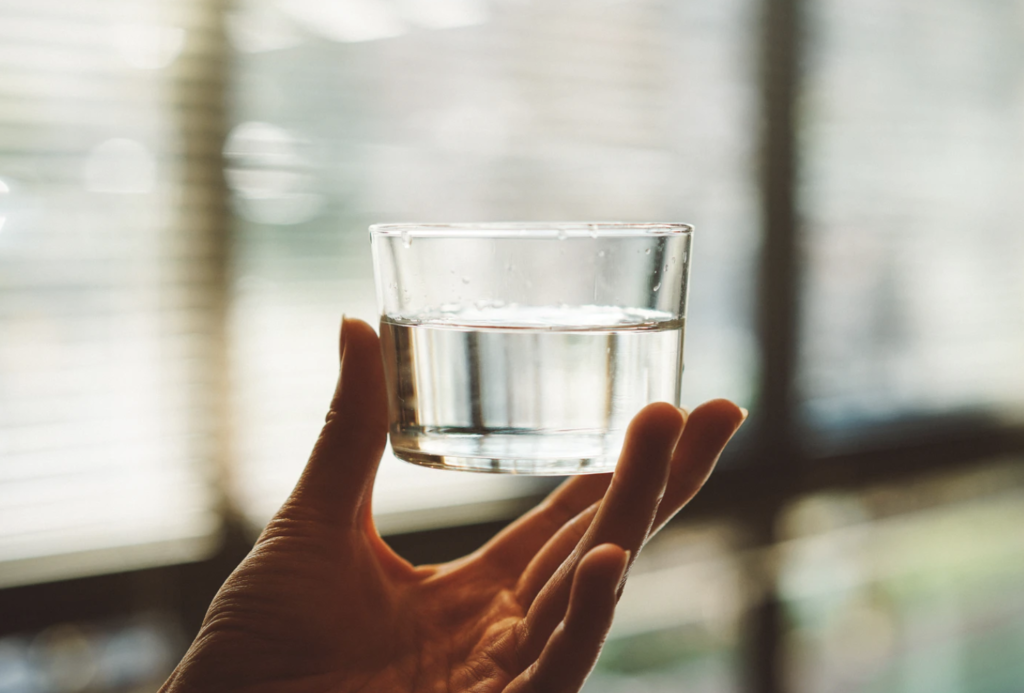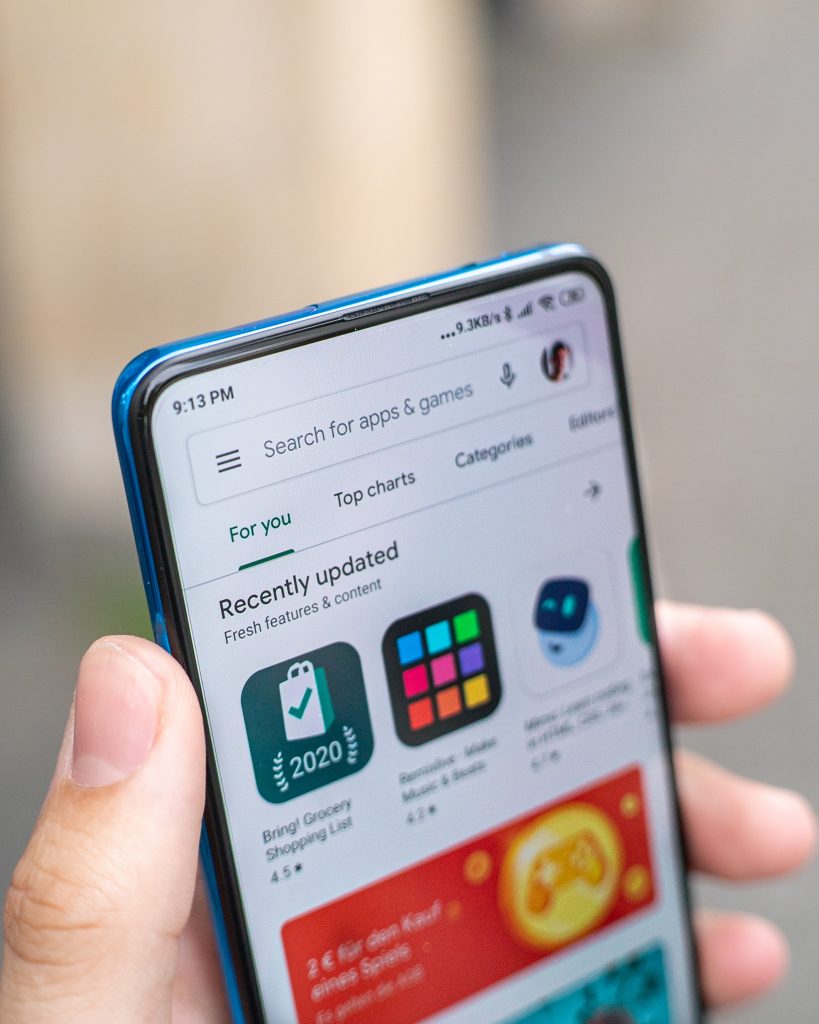Sometimes we have lazy days. And that’s ok! But there may be things you can do to help yourself past this lull. This VeryWellMind article takes the reader through what a mental health day may entail, as well as other tips that may prove useful on a tired kind of day. Of course, if feelings …
Category Archives: Self-care
Recently, it feels like a lot of us have been hitting a wall. It’s normal to be feeling burnt out with everything that’s happened since the pandemic first started. There is a scientific explanation for this: as the article explains, when we experience a stressful event, our system activates its fight-or-flight response. Typically, the brain …
In a Scientific American article, researchers discuss the effects that social isolation has had on the population. Statistics suggest that even prior to the pandemic, poor social health was an issue for many people, with 79 percent of Gen Zers, 71 percent of millennials and 50 percent of baby boomers reporting a feeling of loneliness. …
For many people, sleep is an elusive thing. This Harvard Medical School paper goes through the science of normal sleep and then dives into the body’s internal clock and insomnia. About 10% of American adults experience chronic insomnia and experience not only restless nights but also dangerous daytime symptoms: drowsiness, impaired concentration, and depression. The …
Seasonal Affective Disorder (SAD) and the “New Year’s Blues” continue to affect many people this time of year, with an estimated average of 10 million people reporting symptoms. When seasonal depression coincides with the holiday period, it’s often exacerbated by feelings of tension, uncertainty, social conflict, changed sleep patterns, and increased alcohol consumption. This year …
Recent studies from the University of Tsukuba in Japan have shown that intestinal health has a very close connection with healthy brain function. Gut bacteria may influence your sleep patterns by helping to create important chemical messengers such as serotonin and dopamine. The study’s lead author, Professor Masashi Yanagisawa, stated that “microbe depletion eliminates serotonin …
Though mental illness has never discriminated, men typically find it more difficult to talk about their problems than women do, often influenced by societal pressures to remain silent. Men suffer from anxiety and depression far more than we realize, but often mask it behind greater anger, substance abuse, and risky behaviors. This often leads to …
Seasonal depression is sometimes used as a punchline during the winter, but for many, the waning daylight has a very real effect on one’s mental health. You may experience mood swings, shifts in eating habits, and decreasing energy levels, and for some, the symptoms are so severe that winter disrupts their entire lives. Recently, research …
Self-care is mentioned so often these days, but few people actually know what it entails. As this Psych Central article expressed, “self-care is any activity that we do deliberately in order to take care of our mental, emotional, and physical health.” It’s not something we should force ourselves to do or something that might drain …
Self-care is about, as this Psychology Today article puts it, “identifying your own unique needs and taking steps to meet them…it’s provided for you, by you.” However, for people with depression, self-care can be hard to attain. There’s a neurobiological reason for this: depression leads to dysfunction in the frontal lobes, making self-care extremely difficult. …
Some people have never been good at taking care of themselves, me included. This leads to issues like dehydration, which is much more common, and much more deadly, than many of us believe, sometimes even leading to loss of consciousness. This Health article gives a list of symptoms of dehydration–including some lesser known ones like …
In today’s society, when our phones are almost always an arms reach away, going on an app is typically more accessible than scheduling an appointment with a psychiatrist. Worsened by the pandemic, the wait for therapy is longer than it’s ever been. Therapist Tara Michener recommends these 20 wellness apps, not as a replacement, but …

